|
Biblical Feasts summary Feasts are more than just great times. They bind communities together around shared concepts and experiences in common. Like a wedding feast celebrates around our common support of the union of these people. Likewise the feasts that God instructs his people to observe, bind them together too, around concepts core to their identity. And because these core concepts are fulfilled in Jesus, they are also about our identity too. Due to our communion services, many of us already know how Passover relates to our life in Christ (the prophesied Messiah). Likewise, so do the other Feasts of the LORD, instituted in Lev23:1-44. Num29:12-34. Deut14-16.
1) Christ is the spotless Passover lamb, whose blood saved us from death, and from slavery to sin. 2) Christ is the Unleavened Bread, broken, wrapped, and buried to return later. 3) Christ is the First Fruits of the resurrection. 4) Christ's Spirit is given at Pentecost /Feast of Weeks /Second Harvest, to gather Gentile believers as a second harvest. 5) Christ's return announced with Trumpets, will begin the new age to come. 6) Christ our Atonement will cover us when he Judges this mixed up world. 7) Christ Tabernacles with us now by his Spirit, but will dwell with us in the Heavenly feasting to come. Although Christians don't have to observe these feasts, we can celebrate that Israel's core Scriptural feasts are fulfilled by the Messiah who grafts us in to His Story. Thus these feasts can bind us together deeply. New Life Church in Fremantle made these cards about Christ in the Calendar of feasts. I added the 8th. Christians benefit from a closer look at the Biblical Fall Feasts, because, among other things, they foreshadow Christ's work in days to come. We have hindsight to help us see how Christ fulfilled Passover, Unleavened Bread, First Fruits, and Pentecost. We need foresight to see how he will fulfil Trumpets, Atonement, and Shelters.
This helps us understand why there are two New Years in the Jewish calendar: the religious-year cycle of teaching starts with Trumpets, but the calendar-year starts just before Passover. Some people start their spiritual lives at the beginning with Creation and the Old Testament (Jewish), but some start with Jesus the Passover lamb (Christians).
The religious annual cycle begins with Creation, the First era:
Whether you start with Creation, or start with Christ, the Feasts commemorate the whole of history, from the very beginning to the very end of the age.
2) Noel had a way of dignifying normal life. We college boarders saw each others’ bad hair days, and once Noel asked my friend for a razor to shave because he’d left his at home. He was not embarrassed because he was genuinely humble. He knew that his little moments were just as significant as his global work. His gracious attitude was the same in all circumstances, everything was a gift from Christ. From the podium to the kitchen he was Christ's grateful servant. This inspired the community with integrity from top to bottom. Lk16:10 faithful in little things
3) Noel kept Christ at the centre of the community. Without this, communities inevitably drift. But Noel’s communities stayed true. He would often remind us that the college was to teach us to “think theologically,” because through Scripture we get to know Christ. Noel knew both intimately, which is why often you could tell he was led by the Spirit to say just the right thing, to have that gracious humility, to love that enlivening way. If everyone bathed in the Word and the Spirit like that, counselling services would become redundant. Eph5:26 washed with the word Each house at this school has a theme, Courage, Character, Compassion, and that of Vose house is Community. This might surprise if you only knew Dr GN Vose from his Wiki page, looking at all his academic achievements and the Theological College he started. But that College was a Vose-like - no, Christ-like - community. It pulled people together. And I’ll warrant that same enthusiastic community was a hallmark of Noel's presidency of the Australian Baptist Union, and then of the Baptist World Alliance: he pulled people together. Noel regenerated discussions between Baptists and Mennonites in a way that hadn't happened since 1630! He planted a new church at 70! Community was his legacy. Back then we used to tease him about being "The Pope of the Baptists.” But he kind of was - in the best sense of “papa,” building up all of us who came to orbit around his truly Christian community. |
Categories
All
Archives
July 2024
|
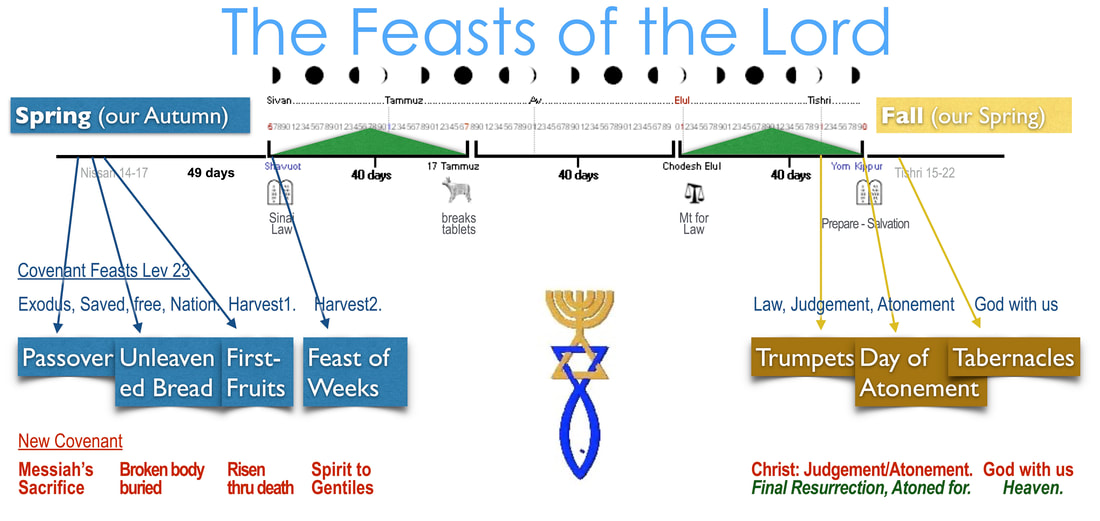
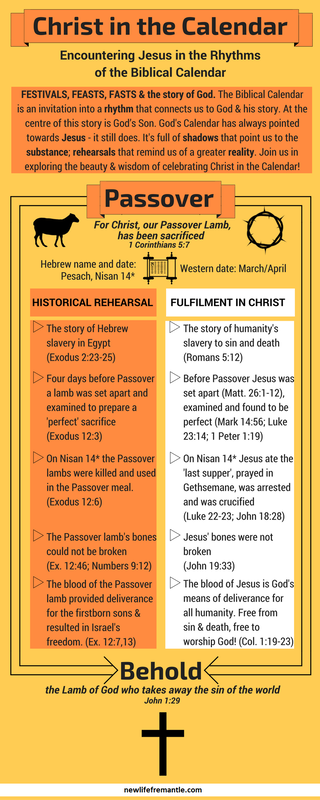

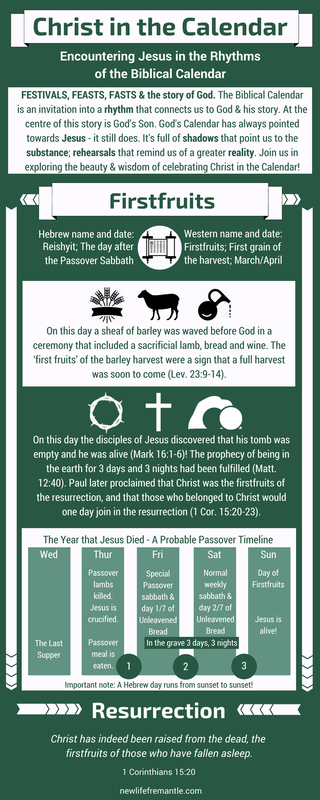
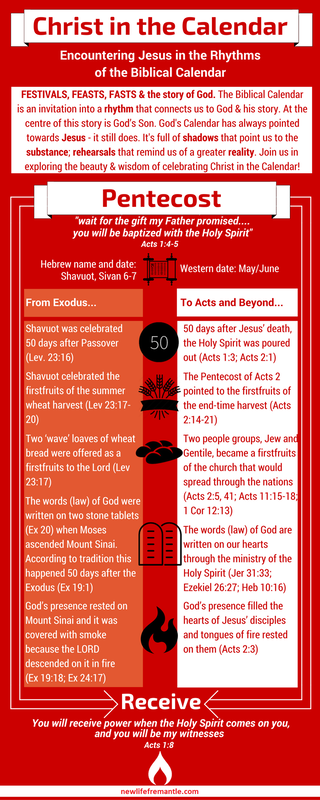
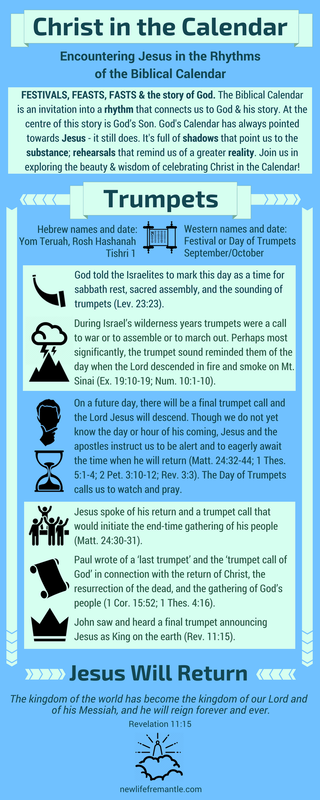
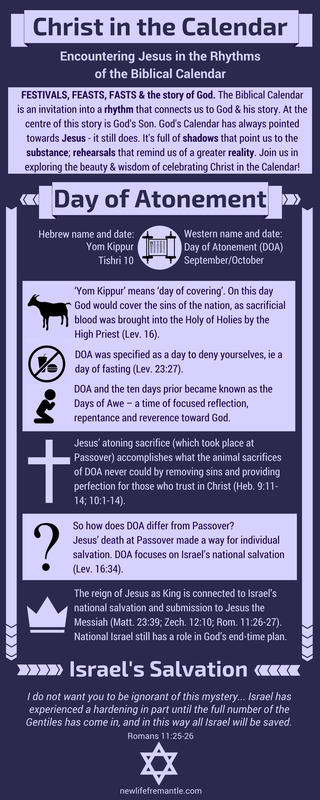
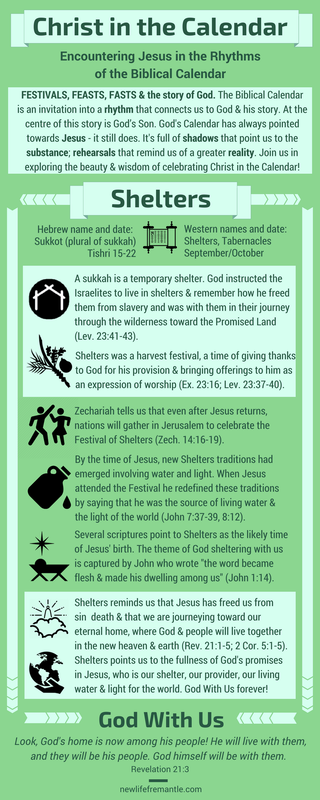

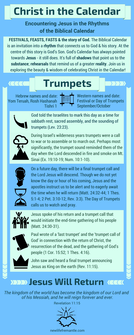
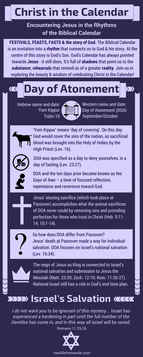
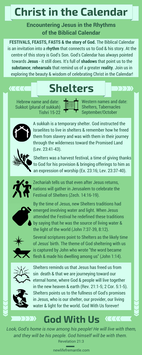
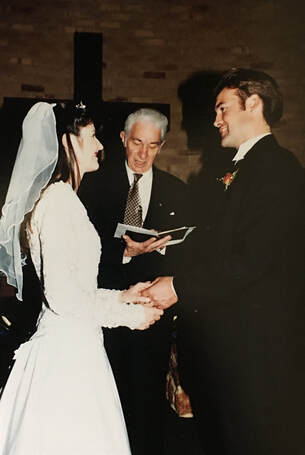
 RSS Feed
RSS Feed